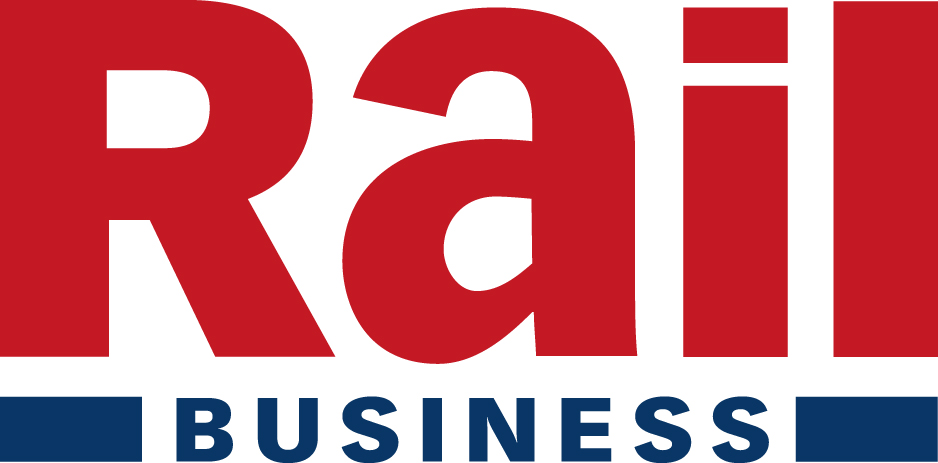Privatly managed, Customer driven: HSL Netherlands exemplifies European freight transport
Den niederländischen Standpunkt einer echten Privat-Eisenbahn stellt der Mitgesellschafter der HSL in der neuesten Ausgabe des bahn managers in den Fokus. Der Artikel erscheint auf Deutsch, hier die Übersetzung ins Englische. (hfs/bm)
SVEN SCHALLACH, CEO and Partner HSL Netherlands B.V.
HSL NETHERLANDS B.V. IS PART OF THE HSL GROUP AND IS A MANAGER-LED COMPANY. WE ARE STILL LIABLE WITH OUR PRIVATE CAPITAL AND ARE IN NO POSITION TO ASK FOR SUBSIDIES FROM THE GOVERNMENT. IF WE DON'T EARN MONEY, WE HAVE A PROBLEM.
To avoid this problem, we pay more attention to quality than to quantity in order to satisfy our customers. It is a personal concern of ours to maintain direct contact between management and customers to always keep up with the times. We run trains throughout Europe and also offer last mile services in the port of Rotterdam or Vlissingen, and we also stand out from other companies because of the little things we do. Our employees wear uniforms and identify with the company, which they also convey to the outside world with their friendliness.
Our Mission Control Centre is on duty 24/7 for both customers and colleagues. We are what gives the rail industry that extra something and deserve to be heard. Thanks to our IT, customers can track their trains on their own if they wish. Requests and orders can be entered by customers on the home page, where they are checked, planned and returned in a timely manner. Safety is very important to HSL, and HSL Nether- lands is in regular contact with the ministry and the Dutch network operator, where it plays an active role. If we feel that we cannot handle a train 100 per cent safely, we prefer not to accept the order. Every single train we accept goes through careful processes before it is sent on its way.
The HSL Group has offices in seven European countries and is also operating there. In addition to the Netherlands, these are Germany, Poland, the Czech Republic, Slovakia, Austria and Belgium. HSL has a total of around 300 employees. HSL Logistics has been in business since 2003, whereas HSL Netherlands B.V. has been in business since 2017. If a product is volatile due to the global economy or its nature, it does not put us on the spot as HSL. We do not handle wagonload freight; this is where we say "stick to your trade"! About 80 per cent of the transports carried out by HSL NL are conventional freight wagons such as tank wagons and grain wagons. 20 per cent are container transports and others.
HSL can provide a one-stop service in the above-mentioned countries, from the first to the last mile, but a good, cooperative relationship with our competitors is also very important to us, because we have to stand together "against" the road in order to get more goods onto the railways. It is incomprehensible that lorry drivers are allowed to drive through half of Europe without foreign language skills, but train drivers must be able to speak three languages fluently in order to be allowed to drive to neighbouring Belgium, for example. Furthermore, it is difficult to explain to customers outside the railway industry why it is not possible to drive a locomotive that is technically ready to do so across the border (for example to Kaldenkirchen/Venlo) without having to present all the country-specific documents well in advance.
How can it be that in Saxony, for example, there are 2,500 lorry parking spaces and these are being increased to 3,100, that is around 86 full-grown trains, while the Elbe valley has been sporadically prepared for decades and we railway companies have to put up with weeks of closures due to inconsistently carried out construction work?
Surely, we are not so far removed from reality as to believe that buying rail transport is like buying a T-shirt. But the industry is still a long way from a "unified European railway". But that is precisely our focus that we as the HSL Group want to operate across borders. That's why we rely on multi-system locomotives and international drivers, which means that our locomotive crews speak the languages of the countries they travel through. We invest in employees and IT-supported innovative systems and are convinced we are doing the right thing.
I am sure that perseverance is half the difference between successful and unsuccessful companies. We don't want to talk about Europe, we want to live Europe! That is the right way. Each mode of transport has its raison d'être, but their coexistence must also be approached more fairly in terms of policy. Unfortunately, Germany still has a much bigger lobby in the automotive sector than in the rail sector, and this does not make things any easier for us politically. What I would really like to see from the federal government is a fair balance between road and rail. We railway undertakings can take care of the rest ourselves.
I am a railway manager with my heart and soul and support every cent that is invested in the railways and thus makes fair competition with the roads possible at all. However, there should be no rail subsidies that are essentially just a "disguised corporate bailout" for the biggest player. In the time of the pandemic, it is self-evident to me that the Community of Europe must help the companies before they are really in danger of going under. Therefore, a well-considered subsidy of train-path prices, as allowed by the EU, can help. However, no money printing machine should be dusted off as if there were no tomorrow - because there is still life after Corona.






